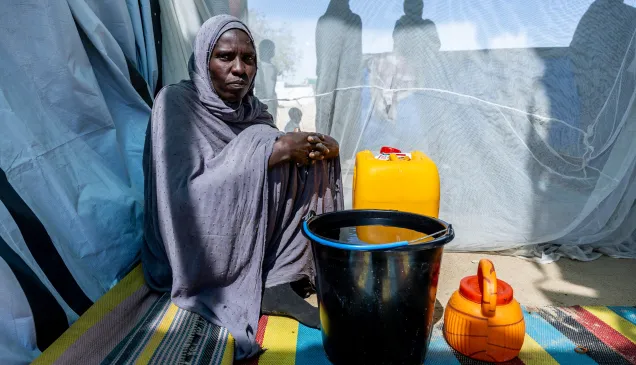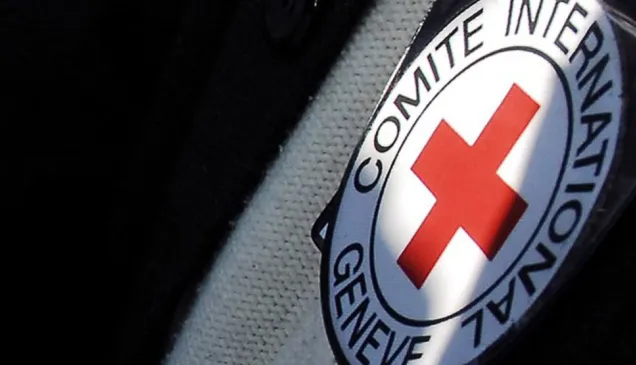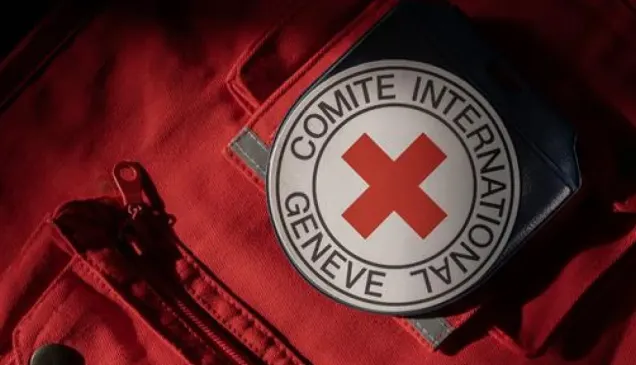The International Committee of the Red Cross (ICRC) would like to thank you for the opportunity to present its views at this Review Conference and to share its perspective as a humanitarian organization mandated to protect and assist the victims of armed conflict and other situations of violence.
We at the ICRC have seen first-hand, in the majority of countries where we work, the high toll that insufficient controls on the availability of small arms and light weapons take on people and communities. Our research and experience confirm that poorly regulated arms flows can lead to grim humanitarian consequences, including violations of international humanitarian law (IHL), attacks on or interference with medical and humanitarian services, protracted armed conflicts, displacement and sexual and gender-based violence. High levels of armed violence and a lack of security remain even after wars have ended. Small arms and light weapons, in particular, are too easy to obtain, and armed violence is pervasive as a result of their misuse, diversion and illicit circulation.
Civilians are paying the price for the steady supply of arms and ammunition into the hands of belligerents, violent extremists and organized crime networks. But we have the tools to alleviate their suffering: by controlling the availability of these weapons, and ensuring that those who obtain weapons will use them in a manner that adheres to IHL, human rights law and other rules.
The Programme of Action to Prevent, Combat and Eradicate the Illicit Trade in Small Arms and Light Weapons in All Its Aspects (Programme of Action) aims to ensure that the availability and access to these weapons is better controlled. In the years since the Programme of Action was adopted, considerable improvements have been made. However, we are still far from reaching the goal of reducing human suffering through better control of the availability of arms. We need to openly acknowledge the gap between the commitments made in political and legal instruments and the actions of too many States.
This gap must be closed, and States must renew their efforts to meet the aims, not only of the Programme of Action, but of the global framework of commitments that States have made to address humanitarian concerns. The Programme of Action, together with the Arms Trade Treaty (ATT), the International Tracing Instrument and related regional instruments, establish a principled and rules-based order for international arms control.
The ICRC is calling on all States that have not yet done so to ratify or accede to the ATT. We also encourage States to take this opportunity to consider how to harness the cumulative impact of this multifaceted framework – including best practices for preventing the diversion and illicit proliferation of small arms and light weapons – and to promote transparency and accountability in arms transfers.
Controlling the proliferation of ammunition should also be a priority for States in their efforts to implement the Programme of Action and related instruments. The shelf life of many millions of illicitly traded small arms and light weapons can be measured in decades. The uncontrolled supply of ammunition facilitates the continued use of these weapons throughout their life cycle, allowing these weapons to continue to fuel brutal armed conflicts, wanton armed violence and the consequent suffering of the civilian population.
The ICRC also urges States to take action to prevent and address the diversion of small arms and light weapons, for example by establishing strong national licensing and control systems, putting in place adequate security and stockpile-management procedures, and maintaining adequate border controls. States involved in any aspect of the arms transfer chain should bolster the effectiveness of these diversion-prevention measures by cooperating closely and sharing information.
The Programme of Action calls for "combating [the] trade simultaneously from both a supply and demand perspective". In light of the destructive force of urban violence on people's lives and livelihoods, and the growing trend of urbanisation, a comprehensive and concerted approach is needed to prevent small-arms violence from taking hold in these environments, particularly when the demand for weapons is in response to a lack of security. The correlation between urbanization and violence is unquestionably complex, but unless the demand for small arms can be reduced, attempts to better control their supply are likely to be only partially successful.
Armed violence, in addition to threatening the safety of individuals and communities, can also have a significant socio-economic impact, through damage to or destruction of property and productive assets. It also diverts funds away from health care, education, and other social sectors. The ICRC therefore urges States to explore further how their efforts to meet the Sustainable Development Goals can also be used to help meet their commitments under the Programme of Action and related instruments.
This Review Conference is taking place at a critical moment in global efforts to control the proliferation of small arms and light weapons. A solid foundation of rules and commitments has been laid. Now is the time for States to transform these words into deeds. States must approach this task with transparency and openness, and a willingness to tackle even the hard issues. The credibility of this hard-won global rules-based system is at stake.
The ICRC is offering its assistance to States wishing to promote respect for IHL by arms bearers or improve their national control systems, including legal frameworks. As long as small arms and light weapons are poorly controlled, they will cause human suffering. But effective implementation of the Programme of Action, and improved capacity-building measures to ensure that all armed and security forces use weapons in strict compliance with IHL and human rights law, will go a long way in reducing that suffering.



